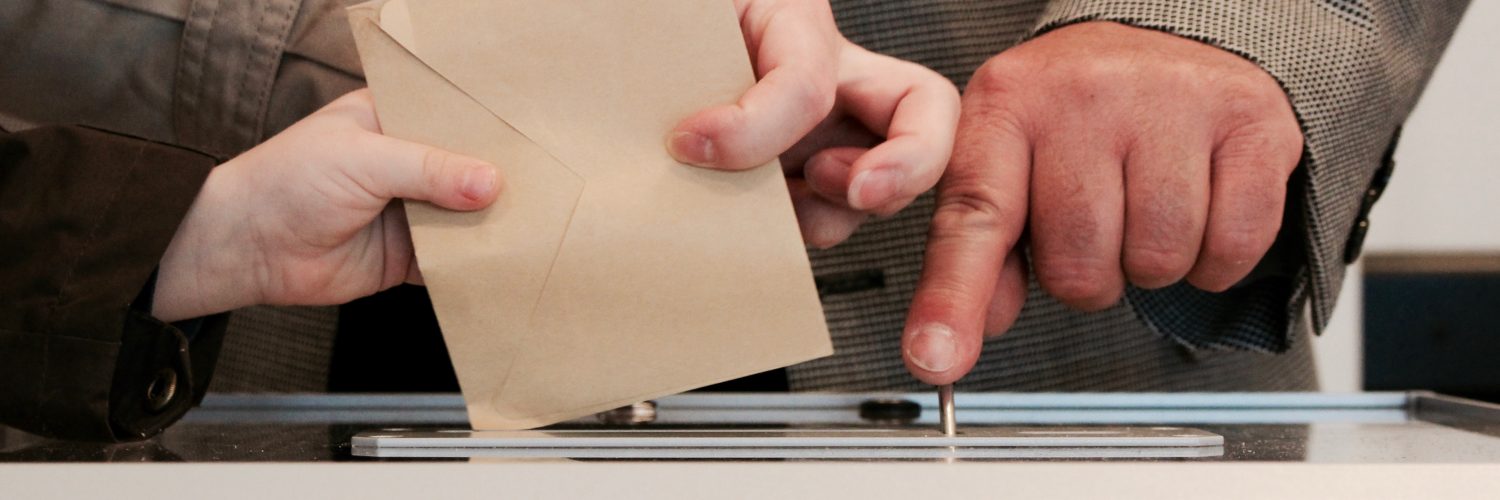Three ballot initiatives driven by out-of-state interests may appear on the ballot in November: “Clean Energy for a Healthy Arizona,” “Stop Political Dirty Money Amendment,” and the “Invest in Education Act.” Each measure could single-handedly alter the direction of the state and, collectively, drastically harm economic productivity.
But what exactly is at stake?
Clean Energy for a Healthy Arizona
The Clean Energy for a Healthy Arizona (CEHA) initiative mandates the state to generate 50 percent of its energy from renewable sources, such as wind and solar, by 2030. The effort is led by California Billionaire Tom Steyer, who is championing similar reforms in other states.
CEHA does not count the power generated by the Palo Verde Nuclear Generating Station – the largest power plant in the United States – toward the clean energy mandate.
Palo Verde supplies 35 percent of the state’s electricity, according to the U.S. Energy Information Administration.
If voters approve the initiative, Palo Verde would have to suspend production during the day so that the state can reach the 50 percent sustainable energy goal.
“Imposing California-style energy regulations on Arizona would be a hammer blow to our economy, killing thousands of jobs and hiking electricity bills for Arizona families and small businesses,” Arizonans for Affordable Electricity spokesman Matthew Benson said. “Since adopting its own 50 percent-renewable standard in 2015, California electricity rates are climbing at a rate 3 times the national average. Arizona voters need to stop this plan in its tracks.”
Palo Verde employs 2,500 people full-time and roughly 1,000 contractors. If Palo Verde and other nuclear plants must cut production levels, they will also have to substantially cut their workforce.
According to a study from the Seidman Research Institute at Arizona State University’s W.P. Carey School of Business, Arizona will lose thousands of jobs if the initiative becomes law.
The lost jobs are not offset by renewable energy job creation.
According to The Solar Foundation, between 2015 and 2017, Arizona created just under 1,500 solar-related jobs. In fact, their reports show that solar jobs are projected to decrease by more than 4 percent in 2018.
Outlaw Dirty Money
The “Stop Political Dirty Money” amendment would eliminate donor privacy by requiring the full disclosure of contributors to non-profit organizations that engage in ballot measures or candidate campaigns.
According to Arizona Free Enterprise Club President Scot Mussi, the initiative will stifle corporate free speech.
“Organizations will have an impossible time trying to comply with the details in the initiative,” Mussi said. “It will have a direct impact by chilling speech and likely lead to harassment and intimidation by auditors and elected officials.”
The ballot language blocks organizations from mentioning candidates’ or ballot measures’ names without opening themselves up for a full audit. Plus, the initiative extends past corporations – it pertains to all organizations, including nonprofits and religious institutions.
Arizona organizations have the right to privacy and the right to free speech, which was reinforced by the 2010 U.S. Supreme Court ruling in Citizens United vs. FEC.
There is growing concern nationally about the danger to free speech when regulators use authority to silence and suppress speech. Efforts to further regulate political speech are emerging across the nation and are not unique to Arizona.
Invest in Education Act
The Invest in Education Act will increase the income tax rate from 4.54 percent to 8 percent for individuals who have a taxable income between $250,000 and $500,00 and for families who generate between $500,000 and $1 million. For individuals and families that make more than $500,000 and $1 million, respectively, the tax rate will jump to 9 percent – nearly double the existing rate.
Proponents are hoping to raise $690 million from these taxes, which will go directly into the Classroom Site Fund to help fund teacher wage increases, classroom material fees, and school operation costs.
Because most small businesses in Arizona file as a Limited Liability Company (LLC), they do not pay corporate taxes and instead pay the standard individual income tax rate, with 4.54 percent at the highest level. The corporate tax rate in Arizona is 4.9 percent.
This tax rate hike will harm business-owners’ productivity and give large corporations an unfair advantage over small businesses.
“Most mom-and-pop businesses file their income taxes as individuals,” said Chad Heinrich, Arizona state director for the National Federation of Independent Business. “This means their business income is taxed at the personal income tax rate. This proposition would raise this rate to levels on par with California, New York, Massachusetts, and Washington, DC, leaving Arizona as one of the highest income-taxing states in the Southwest and the nation.”
According to a 2015 U.S. Small Business Administration report, small businesses employed over a third of Arizona’s workforce in 2012 and created almost 40,000 jobs in the same year. Plus, they accounted for over 27 percent of the state’s exports. If this tax initiative passes, many small- and mid-sized businesses will have to pay the new higher tax rate, which could crush companies.
As the Red for Ed and similarly aligned movement took the nation by storm earlier this year, local advocacy groups such as the Arizona Center for Economic Progress capitalized on the momentum to pursue this significant increase in the individual income tax. This proposal that has been lurking the halls of the Legislature for years with little support.
Where We Stand
A lot is at stake in Arizona this election cycle with a number of significant policy changes on the ballot. These initiatives have a direct impact on Arizona businesses, ranging from potential regulatory, economic and First Amendment interference.
If all three qualify for the November ballot, voters will face major decisions that will impact the future of Arizona.
















Add comment